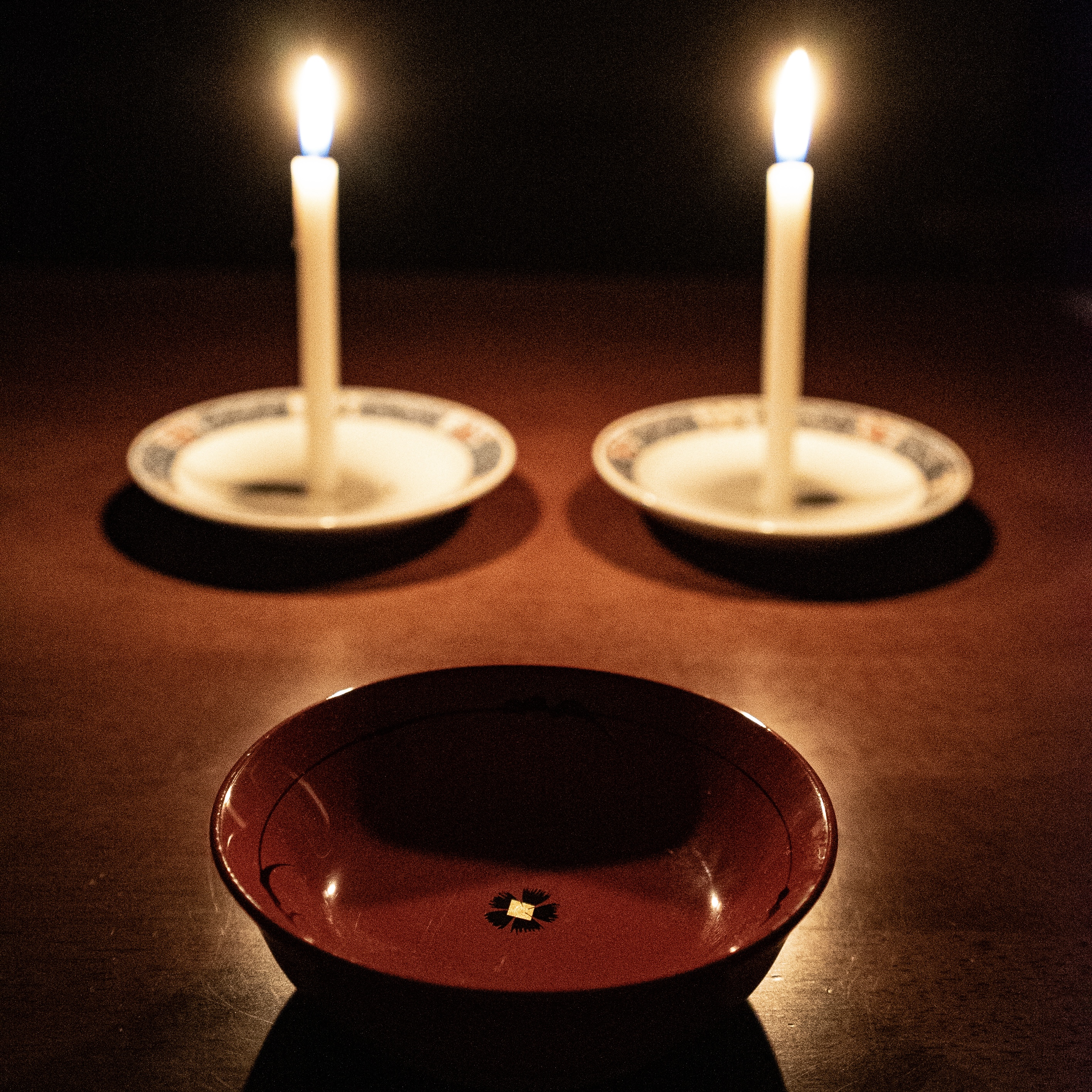
Ineffable Treasures
While in Japan, I read “In Praise of Shadows” by Junichiro Tanizaki. (HT @ymiumwej) There is much to unpack in this short book, but I felt the description of his struggles with integrating Western conveniences and efficiencies into his daily life resonated most with our contemporary existence. It is a quintessential manifestation of Japanese deconstructive philosophy.
Between light and shadow, there is an implicit hierarchy in the West. At the root of any argument, there is an assumed superiority of one side of a binary pair. In general, presence is privileged over absence, as in a patriarchy. Tanizaki, while recognizing the West’s technological superiority, illuminated the subtle losses incurred in our eager embrace of it.
Consider the paradox in advocating for inefficiencies. Why should you choose to do something less efficiently? You might bake bread at home even though you could buy a superior one for a few dollars. What is gained by baking your own bread? Put another way, what is lost by buying it?
Artificial intelligence will soon take over many white-collar jobs. From the point of view of efficiency, it will be the greatest technological breakthrough in human history. DALL-E, for instance, can conjure illustrations in mere seconds—a feat demanding days and substantial resources from human illustrators. The process is rendered irrelevant in this relentless pursuit of “progress,” measured solely by outcomes.
Western art, too, is primarily about the objects, i.e., the results. The Japanese tend to focus on how the artistic process transforms the artists—not dissimilar to baking bread at home.
In a world dominated by capitalism, we have no choice but to privilege efficiency. Savoring the process has become a luxury. Those who fail to adopt more efficient ways of producing results will perish, which is why Tanizaki spoke of Western superiority as an invasive force.
Soon, AI’s brute force of efficiency will strip the remaining processes we still enjoy today. Hopefully, we reach a point where we realize the absurdity of such “progress” and come to praise the ineffable treasures hidden in the shadows.
Subscribe
I will email you when I post a new article.


